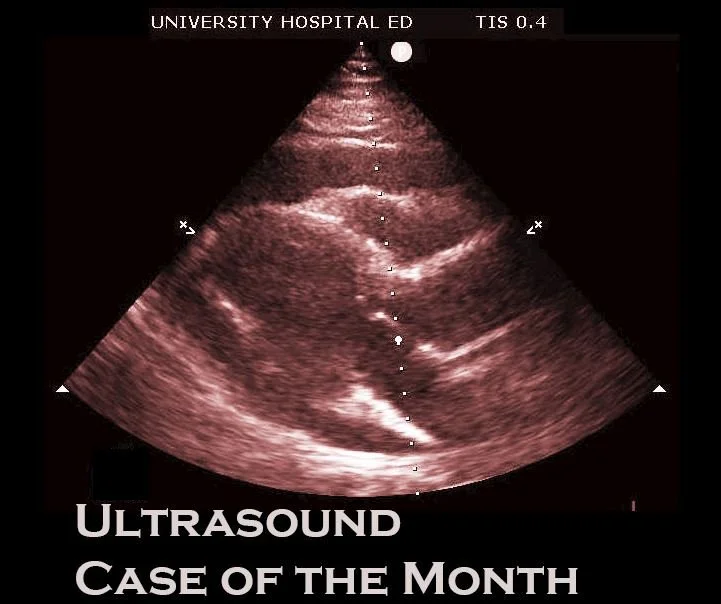Sepsis, including severe sepsis and septic shock, is a frequently encountered condition in the emergency department and carries a high mortality rate. One of the primary pathophysiologic mechanisms involves complex cascade of host dysregulation in response to an infectious stimulus (Evans, Rhodes et al. 2021, Jarczak, Kluge et al. 2021). Recent meta-analyses and systematic reviews evaluating mortality in patients with septic shock reported mortality as high as 35% and 38% at 30 and 90 days, respectively (Vincent, Jones et al. 2019, Bauer, Gerlach et al. 2020). Despite the complexity and heterogeneity of patients with sepsis, there have been few interventions which have been demonstrated to decrease mortality: early antimicrobial and fluid administration (Levy, Evans et al. 2018, Kuttab, Lykins et al. 2019, Evans, Rhodes et al. 2021, Im, Kang et al. 2022), ideally with antibiotics administered within one hour of sepsis recognition by the treating provider (Evans, Rhodes et al. 2021). Each subsequent one-hour delay in antimicrobial administration increases mortality by 35% in patients with septic shock (Im, Kang et al. 2022).
Read More














